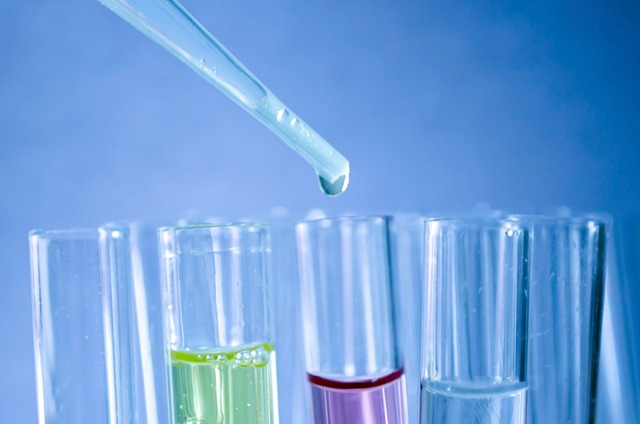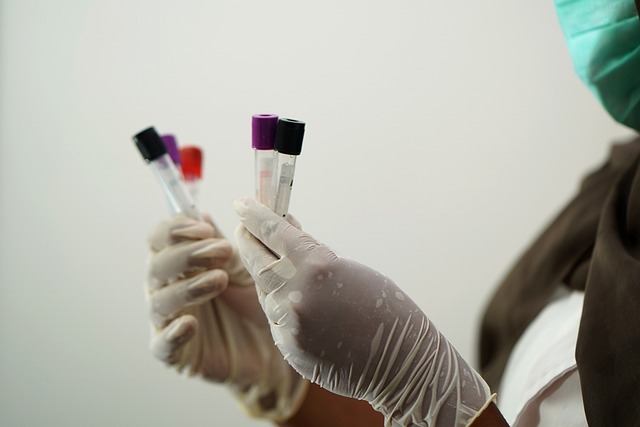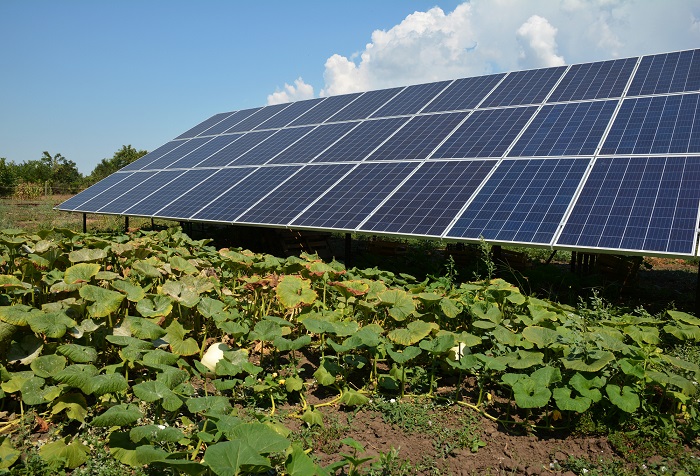
The development of bioprocesses is essential for producing biopharmaceuticals and other biological products. It involves optimizing the growth and generation of cells or microorganisms in a regulated atmosphere.
In the past, this process was costly and time-consuming, as it necessitated large-scale bioreactors. Fortunately, due to innovations in technology, microbioreactors are now available as smaller and more cost-effective options.
In fact, microbioreactors have shown a lot of potential in various fields, and with further development, it’s expected that their applications will just grow. Since microbioreactors are bringing a new age of efficiency, convenience, and affordability to bioprocess development, they are becoming increasingly popular in the biotech industry.
With their smaller size and increased portability, microbioreactors can be used almost anywhere, from laboratories to industrial facilities. That being said, let’s explore microbioreactors more in-depth below.
What exactly are microbioreactors?
Microbioreactors are becoming increasingly popular in the bioprocessing industry due to their ability to provide a more accurate representation of large-scale bioprocesses. These reactors are capable of providing high-throughput screening tests cost-effectively while also allowing for real-time evaluation of biomass, fluorescence, pH, DO, and other key cultivation parameters.
Additionally, microbioreactors can be used to investigate synergistic effects among different cell types or environmental conditions. The use of microbioreactors has revolutionized the bioprocessing industry by enabling automated small-scale parallel experimentations. This has allowed for faster and more efficient process development and optimization.
Microbioreactors vs bioreactors
While bioreactors may be more commonly known, both devices offer valuable capabilities to their users depending on the application at hand. For instance, bioreactors are typically large-scale and used for producing high quantities of biomass or product, with more control over the process parameters and environment than traditional laboratory methods.
Microbioreactors are much smaller and allow for real-time evaluation of a range of cultivation parameters. This enables faster and more efficient experimentation. Microbioreactors cost less than bioreactors, making them a great option for smaller companies with limited resources.
Bioreactors are ideal for producing large quantities of products while maintaining precise control over process parameters. Microbioreactors, however, provide an efficient way to conduct experiments on a smaller scale while allowing researchers to better understand the relationship between process parameters and product quality.

The advantages of microbioreactors
Microbioreactors provide a significant advantage in the development of bioprocesses, as they can be used to rapidly screen multiple strains and environmental conditions in parallel. This means that researchers can quickly identify the optimal growth parameters and progress faster toward a marketable product.
The use of microbioreactors has been proven to reduce the cost associated with manual operations like pipetting, homogenization, scaling up processes, microbial media preparation, and sample collection and processing. In addition, it eliminates the need for regular maintenance on lab equipment that would otherwise require costly replacement parts or repairs. As a result, microbioreactors provide an economical solution for many production needs.
Greater flexibility
Microbioreactors provide researchers with a great deal of flexibility when designing bioprocess experiments. Thanks to their relatively small size, it is easy to modify the conditions within them. This allows for more extensive testing of a variety of different environmental parameters and conditions, making it easier to optimize the bioprocess for a particular product or strain.
Increase in productivity
Microbioreactors provide a faster and more efficient way of performing lab processes and allow companies to scale up their production with minimal cost. With microbioreactors, companies can easily increase the number of products produced in less time. This means that processes that used to take many days can now be completed in several hours or even minutes.
This greatly reduces the amount of time needed to complete projects and increases overall efficiency. By utilizing this technology, companies are able to get more done with less effort and resources.
Conclusion
Microbioreactors have become indispensable tools for early-stage bioprocess development. Their ability to provide fast, reliable and cost-effective results makes them the ideal solution for optimizing the yield and quality of products in a production environment. Microbioreactors offer greater flexibility in experimentation, with the ability to conduct small-scale experiments in parallel.
This allows researchers to speed up their research and process optimization, saving time and resources. Furthermore, their smaller size makes them more accessible for companies with limited resources.



